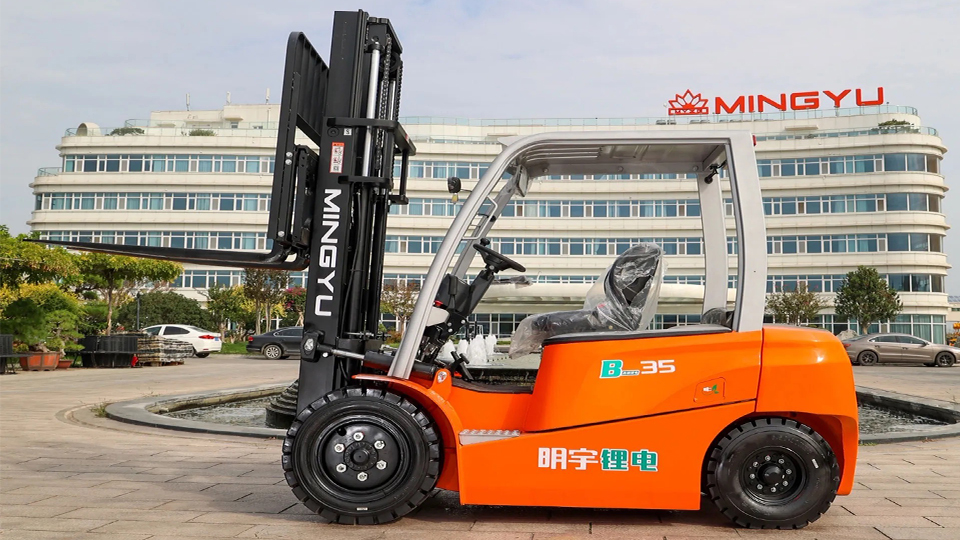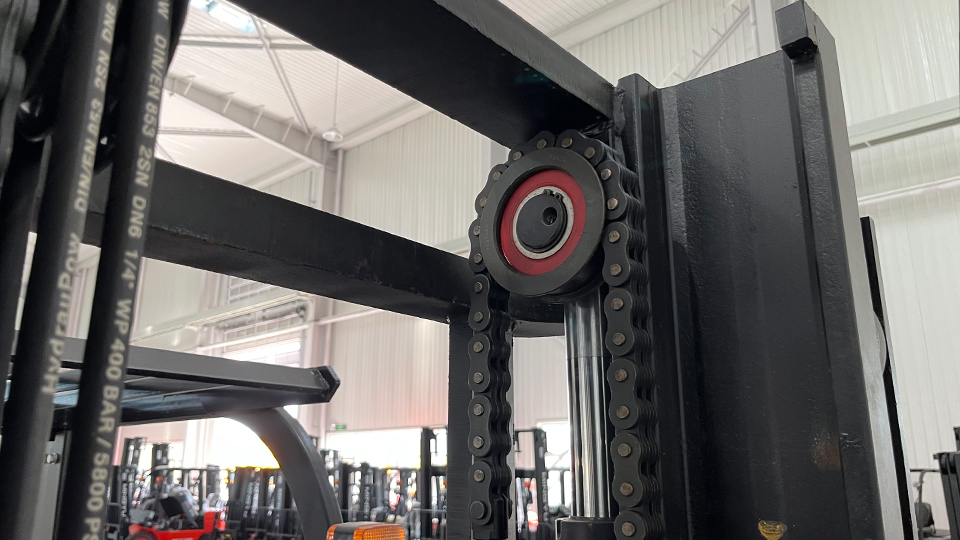
Does a Forklift Certification Expire? The Technical Mandate of Recertification and Competency
The question of whether a forklift certification expires is a critical one for safety managers, employers, and operators across all industries utilizing powered industrial trucks (PITs). Unlike some professional licenses which may be valid indefinitely, a forklift certification is bound by strict regulatory compliance cycles designed to ensure continuous operational safety.
The definitive answer is yes, a forklift certification does expire. Under the regulatory framework of the U.S. Occupational Safety and Health Administration (OSHA), a certified operator’s competency must be formally re-evaluated on a set schedule, turning certification into a cyclical requirement rather than a one-time achievement.
This article will detail the specific expiration period, the mandatory "trigger events" that necessitate immediate retraining, and the employer's unyielding legal responsibility under OSHA Standard 29 CFR 1910.178(l).
I. The Statutory Expiration: The Three-Year Rule
OSHA’s Powered Industrial Trucks standard 29 CFR 1910.178(l)(4)(iii) mandates the primary expiration period for operator competency. This section requires that:
"An evaluation of each powered industrial truck operator’s performance shall be conducted at least once every three years."
This three-year interval is the non-negotiable legal deadline. Regardless of an operator’s experience level, perfect safety record, or length of service, their employer must formally certify that the operator remains "competent to operate a powered industrial truck safely."

It is important to note the technical distinction: the regulation requires a performance evaluation, not necessarily a full repetition of the initial classroom training. If the evaluation demonstrates continued competency, only a minimal refresher may be needed. However, if the operator's skills or knowledge are found to be deficient, targeted refresher training becomes mandatory before the operator can continue working.
II. Trigger Events: Early Expiration Clauses
While the three-year rule establishes the maximum allowed interval, OSHA explicitly requires refresher training and re-evaluation sooner if specific incidents or changes occur. These are the critical "trigger events" that nullify the original certification date and demand immediate recertification.
1. Unsafe Operation
If an operator is observed operating the powered industrial truck in an unsafe manner, refresher training in the relevant topic(s) must be provided. Unsafe operation can range from failing to wear a seatbelt to driving with an elevated load or failing to follow proper signaling procedures.
2. Accidents or Near-Miss Incidents
If the operator is involved in an accident or a near-miss incident (an incident that could have resulted in injury or damage), the certification is considered invalid until the operator has been retrained and re-evaluated. The purpose is to identify the cause of the incident and correct any underlying skill or knowledge deficiency immediately.
3. Failed Evaluation
If the periodic three-year evaluation (or any other subsequent evaluation) reveals that the operator is not operating the truck safely, refresher training is required to address the identified deficiencies.
4. Change in Equipment Type
If the operator is assigned to operate a different type of truck, they must be trained and certified specifically for that new class of equipment. Forklifts are categorized into seven classes (e.g., Class I Electric Motor Rider, Class IV Internal Combustion Engine—Cushion Tires, Class VII Rough Terrain Forklift). Certification for one class does not automatically transfer to another due to significant operational differences (e.g., stability, steering, power source).
5. Change in Workplace Conditions
If a change in the workplace environment could affect the safe operation of the truck, re-evaluation is necessary. Examples include:
Implementing a new racking system.
Changing the floor surface (e.g., adding ramps or moving from dry concrete to outdoor gravel).
Installing new pedestrian walkways or traffic patterns.
III. The Employer’s Burden of Documentation
The responsibility for enforcing and documenting the cyclical nature of certification rests entirely with the employer. OSHA standard 1910.178(l)(6) requires the employer to maintain a certification record for each operator. This record must include:
Name of the operator.
Date of the training.
Date of the evaluation.
Identity of the person(s) performing the training or evaluation.
This certification is the legal proof of compliance. If an OSHA inspector visits a worksite and finds an operator whose evaluation date is older than three years (or who was involved in a recent trigger event without subsequent retraining), the employer is subject to substantial penalties for non-compliance.
IV. International Parallels
This cyclical and event-based recertification model is not unique to the U.S. Similar requirements are enforced globally:

Canada: Provincial and Territorial regulations generally align with the CSA B335 standard, requiring re-evaluation and training every three years.
United Kingdom (UK): The Health and Safety Executive (HSE) mandates that refresher training be conducted "as often as is necessary," often interpreting the necessary period as every three to five years or after an incident.
V. Conclusion: Beyond Expiration Dates
The expiration of a forklift certification is not merely an administrative deadline; it is a safety control mechanism. The mandatory three-year evaluation cycle and the immediate retraining requirements triggered by incidents or change are designed to combat two major threats to industrial safety: complacency and obsolescence.
Even the most experienced operators can develop unsafe habits over time, and a dynamic work environment introduces new hazards. Therefore, a certification is not a lifetime license but a time-sensitive declaration of current competency. Employers must actively manage the certification calendar and respond immediately to any trigger events to ensure their operations remain safe and legally compliant.
Name: selena
Mobile:+86-13176910558
Tel:+86-0535-2090977
Whatsapp:8613181602336
Email:vip@mingyuforklift.com
Add:Xiaqiu Town, Laizhou, Yantai City, Shandong Province, China